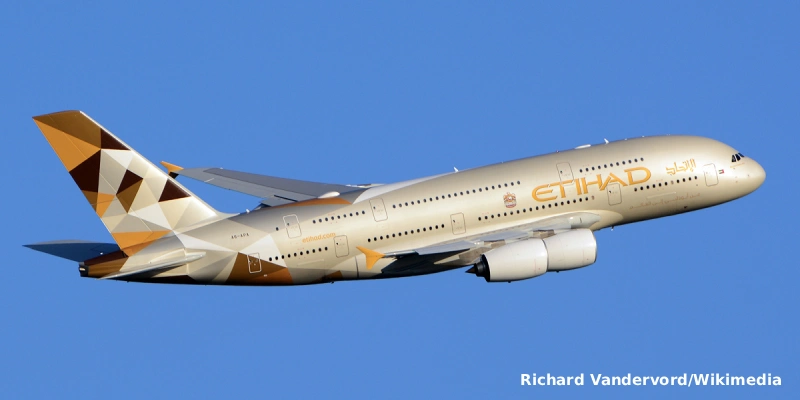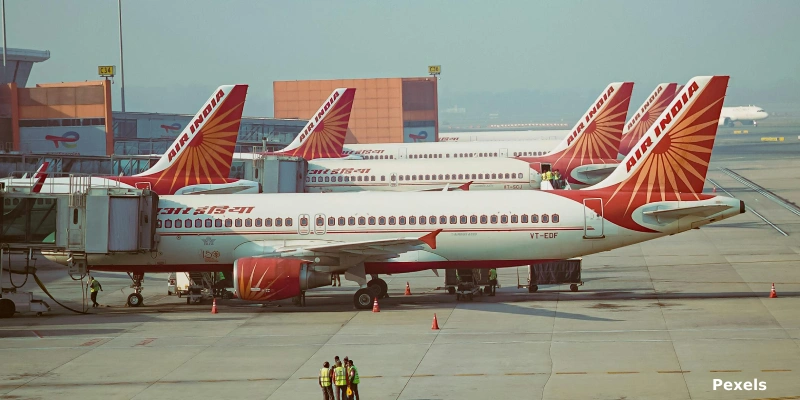Alphabet, Google’s parent company, has filed a lawsuit against LATAM Airlines in a federal court in San Jose, California, to prevent Brazilian courts from ordering the removal of YouTube videos in the United States. The case highlights the limits of international judicial power when it comes to online freedom of expression.
What is the conflict about?
The dispute dates back to 2018, when Raymond Moreira, a U.S. citizen residing in Florida, posted two videos on YouTube in which his six-year-old son described an alleged sexual assault by a LATAM employee during an unaccompanied minor flight.
That same year, LATAM filed a lawsuit in Brazil demanding that Google remove the videos from its platform. Although Moreira also sued the airline in Florida in 2020, the case ended in a confidential settlement. However, the content remains accessible on YouTube, prompting LATAM to push for its global removal.
→ LATAM Bets Big on Oceania: Daily Flights from Santiago to Sydney and Melbourne
Google Responds from the U.S.
The tech giant argues that LATAM’s legal maneuver in Brazil represents an attempt to bypass U.S. constitutional protections for freedom of speech. In its lawsuit, Google claims that LATAM is trying to “circumvent” U.S. law by seeking a ruling in foreign courts to achieve an outcome it couldn’t obtain in the United States.
According to José Castañeda, a Google spokesperson, “the company has always supported the legal principle that a country’s courts have jurisdiction over content within that country, but not over what should be available in other jurisdictions.”
With this argument, Google is asking the California court to issue a declaration preventing LATAM from forcing the video’s removal in the United States.
What’s at Stake
Brazil’s Supreme Court will evaluate next week whether it has the authority to order the global removal of the video posted by Moreira. The outcome could set a precedent regarding the influence of national courts over digital content on international platforms.
Meanwhile, Google’s lawsuit aims to clarify that one country’s laws should not be enforced beyond its borders, especially when they infringe on rights protected by other constitutions.
Reporting by Reuters
Related Topics
Etihad to Deploy Airbus A380 to Bangkok for First Time: Increased Capacity and Thailand Debut of “The Residence”
Air India Records Highest Rate of Technical Incidents in 14 Months During January
Embraer and Adani Defence & Aerospace Elevate Alliance: Agreement for an E175 Final Assembly Line in India
Lufthansa Group and Air India Sign MoU for Joint Business Agreement Following EU-India Free Trade Deal

Plataforma Informativa de Aviación Comercial con 13 años de trayectoria.




